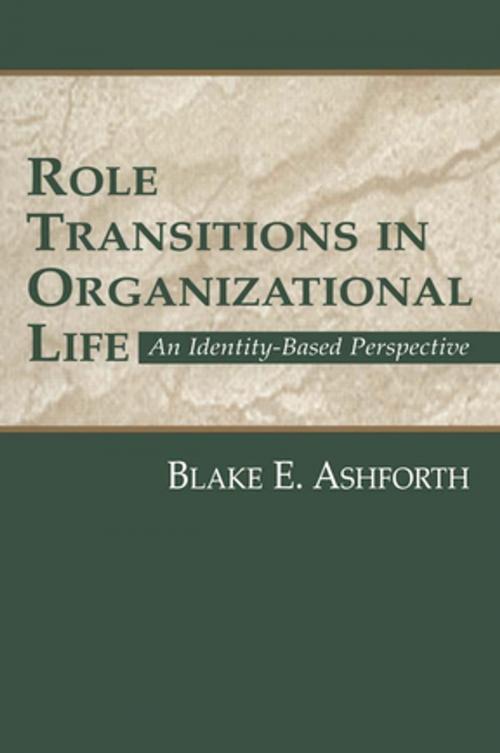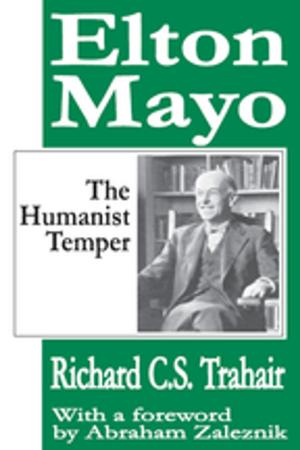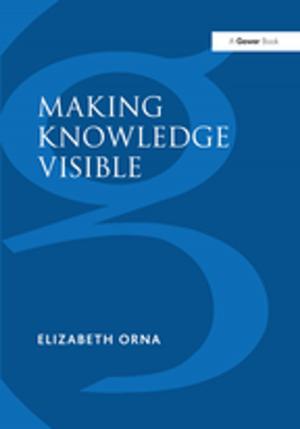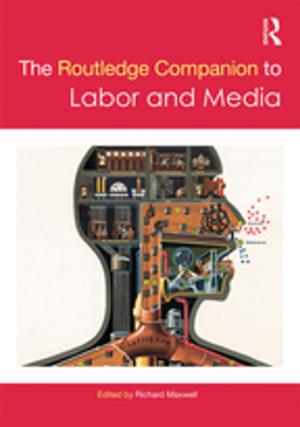Role Transitions in Organizational Life
An Identity-based Perspective
Business & Finance, Management & Leadership, Management, Nonfiction, Health & Well Being, Psychology| Author: | Blake Ashforth | ISBN: | 9781135680206 |
| Publisher: | Taylor and Francis | Publication: | October 1, 2000 |
| Imprint: | Routledge | Language: | English |
| Author: | Blake Ashforth |
| ISBN: | 9781135680206 |
| Publisher: | Taylor and Francis |
| Publication: | October 1, 2000 |
| Imprint: | Routledge |
| Language: | English |
Identity-based approaches to understanding thoughts, feelings, and actions in organizations have produced, particularly in recent years, an array of rich insights that have broadened the domain of organizational behavior. This book brings these insights together in one complete source and uses them collectively to stretch further the boundaries of the discipline. Blake Ashforth accomplishes this goal by creating new ways of viewing the many forms of role transitions evident in organizational life. He looks at role transitions people make during the workday (i.e., from spouse/parent to employee) and studies the identity and status issues faced.
This unique authored book also creatively accomplishes two scholarly objectives. First, it provides a needed review, critique, and integration of what is known about being socially defined in an organizational context; and second, it provides fresh and intriguing perspectives on the dynamics of role engagement and disengagement both within and between organizations.
This book will appeal to psychologists, managers, and lifespan development researchers interested in the transitions people make as they go through life.
Identity-based approaches to understanding thoughts, feelings, and actions in organizations have produced, particularly in recent years, an array of rich insights that have broadened the domain of organizational behavior. This book brings these insights together in one complete source and uses them collectively to stretch further the boundaries of the discipline. Blake Ashforth accomplishes this goal by creating new ways of viewing the many forms of role transitions evident in organizational life. He looks at role transitions people make during the workday (i.e., from spouse/parent to employee) and studies the identity and status issues faced.
This unique authored book also creatively accomplishes two scholarly objectives. First, it provides a needed review, critique, and integration of what is known about being socially defined in an organizational context; and second, it provides fresh and intriguing perspectives on the dynamics of role engagement and disengagement both within and between organizations.
This book will appeal to psychologists, managers, and lifespan development researchers interested in the transitions people make as they go through life.















